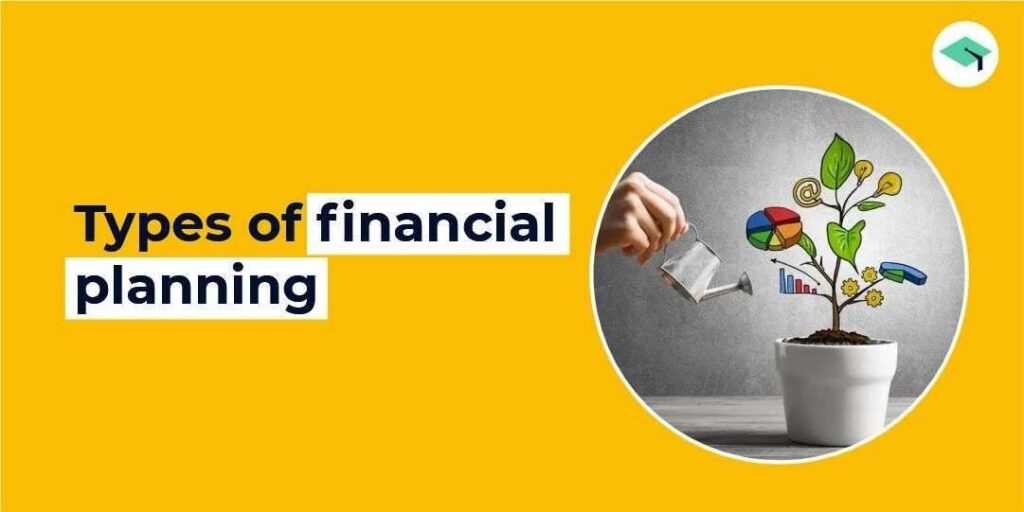A student’s desired college may be out of reach financially, but an education loan can assist. This convenient method of funding your education expenses, nevertheless, also needs to be paid back.
In actuality, repaying a student loan lowers your debt-to-income ratio, grants you financial independence, raises your credit score, and enables you to save more money while pursuing other financial objectives.
In this blog, we will discuss tips for managing your abroad education loan payments while you’re studying abroad, including strategies for staying organized and on top of your finances.

Tips for managing your abroad education loan payments
The best advice for handling payments on your student loans from overseas is provided below:
1. Begin early
Starting payments during the moratorium period to lower the principal balance is a very efficient way to pay off your student loan quickly.
You might reduce your principal balance payment to pay off your loan before the predetermined duration.

Tips to Break Free From Debt
2. Create a sound financial plan
Spend responsibly while taking the course. Obtain a thorough grasp of your debt status and develop a budget to address it. Avoid purchasing something you don’t actually need.
Utilize an appropriate insurance policy to pay for your medical expenses. Find some part-time employment as a component of your financial plan so you can set aside money on a regular basis.
No matter how little, it still counts. Small sums added together over time in a methodical way add up to greater sums.
This will assist you in building up a financial reserve that you may use to support yourself until you find employment when your course is finished.
Additionally, you will be ready well in advance to cover your student loan EMI payments until you receive your first paycheck.
As the currency denomination of your study loan is in the Indian Rupee, you receive an additional benefit if the nation where you are pursuing your course of study has a greater currency value than the Indian Rupee.
3. Find a job abroad that offers student loan repayment benefits
Many foreign businesses provide staff benefits, including repayment of student loans. In fact, as a method for businesses to keep the best personnel, the repayment of student loan debt or giving support for student loan debt is the new employee benefit incentive that is quickly gaining popularity.
After finishing your studies, if you want to work overseas, you can research these organizations and submit an application for a position there.
It might be a good idea to work overseas for a while until your debt is paid off and you have built up some sort of financial reserve, even if your ultimate goal is to settle in India.

Types of Financial Planning
4. Claim tax deductions
Education loans allow for tax deductions under Section 80E of the Income Tax Act. While the amount you claim is as per the total interest you pay on your loan in a year, there isn’t an upper limit on the amount you can claim as a deduction.
However, keep in mind that only the loan applicant who is repaying the loan may claim the deductions.
This makes savings feasible by offering tax deductions to the very categories of individuals who take out student loans.
5. Aim to pay more than your EMI
The length of your loan will be greatly reduced if you pay more each month than your EMI installments.
Your outstanding balance will be reduced by Rs. 12,000 per year if you pay just an extra Rs. 1,000 each month.
As a result, you will be able to pay off the main and interest more quickly, and the compound interest on the outstanding will also decrease concurrently.
But first, a word of warning. When paying more than your EMI each month, it is best to check with your bank beforehand because there may be prepayment fees assessed on the additional amount you pay.
6. Opt for some good investments
This could be a clever strategy to pay off your student loan debt after you start working or if you have some extra money on hand.
The goal is to make an investment for a longer period of time. Select a reputable mutual fund, or you may invest your money in a fixed deposit that provides a fixed return each year.
With the help of this method, you might be able to use the interest or returns from your assets to pay off some of your loan EMIs.
By doing this, your money keeps growing, preventing you from having to use all of your earnings to pay back the loan in full. You are building an asset that will enable you to pay off your debt.
Finally, don’t put off taking care of your study abroad loan until you get your first paycheck. Today, take the necessary actions to live a debt- and stress-free life.
